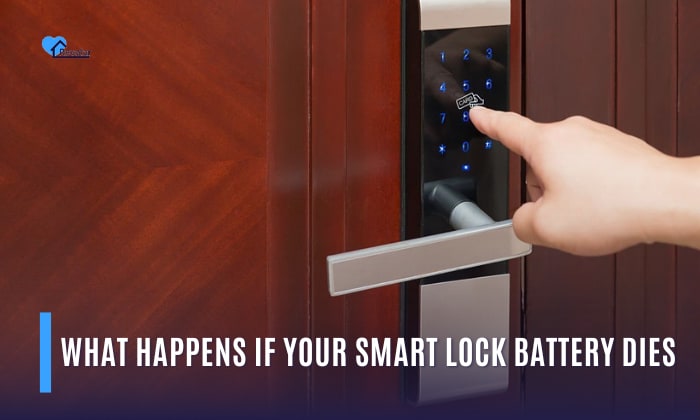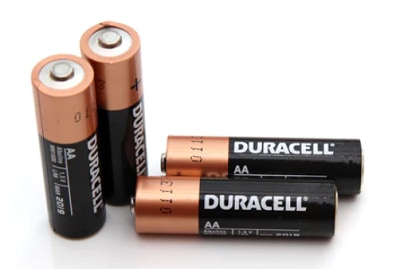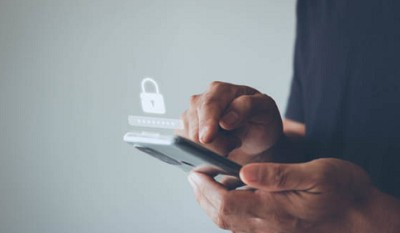Technology has evolved over time and it’s now easier to secure your homes with a smart lock. But what happens if your smart lock battery dies?
When this happens, your electronic door lock won’t open using your keypad. However, don’t fret, you will still be able to get into your house and your home will still be secured from intruders.
Table of Contents
What Happens if a Smart Lock Battery Dies?
When you experience a keyless door lock battery dead, your keypad or touchscreen will no longer work. In addition, all other applications connected to your smart lock won’t function as well.
However, before it completely dies on you, it will give you some battery warning signs.
Some indicators can be:
- Flashing lights
- Changes in LED color
- Voice prompt
- Beeping sound
- Flashing low battery icon
- Slow response when locking and unlocking your doors
If you notice any of these warning signs, don’t ignore them to avoid getting locked out of your home. But in any case, you can still open your smart lock using traditional keys.
Solutions for Dead Battery
Here are some of the common solutions for your dead smart lock battery.
1. Replace the Batteries
The most common solution is a battery replacement. All you need to do is to find the battery compartment.
Some models would require a screwdriver to get into the battery compartment. However, for some manufacturers like Yale, you might need to use a tool with the smart lock or a pin to open the cover.
Some Kwikset models don’t even require any special tools to open the lock cover. You simply pull the cover to get to the battery compartment.
Once you find the battery compartment, remove the old batteries and replace them with new ones.
Make sure you are using the right batteries for your smart locks. For instance, Schlage smart lock and Vivint require alkaline AA batteries, while the August Wi-fi Smart Lock uses Lithium batteries.
2. Access the Mobile App
Another option is to access the system through your mobile app. Many smart door locks allow users to connect the system with a mobile application to shut it down in case their smart lock has no battery.
After shutting down the system, you can lock and unlock your smart lock using your door key.
Some smart lock systems like the Schlage Encode let users send virtual keys through email or text to family and friends that they can also use in case of a dead battery.
3. Override the System
If the options above don’t seem to work, you can try overriding the system to allow you to unlock your smart lock without triggering the alarm. However, you might need the user manual to do this properly.
If you don’t have the user manual handy, you can always call the manufacturer’s customer service to guide you with the override process and any necessary troubleshooting.
Frequently Asked Questions
How long does a lock battery last?
On average, a smart lock battery can last from 6 to 12 months. How long it will last depends on some factors such as connection type, misaligned strike plate and door bolt, battery type, and frequency of use.
What are the common issues that can arise with smart lock batteries?
Some of the common problems with keypad door locks batteries are battery leakage, draining batteries, faulty batteries, and corroded batteries. To prevent battery problems make sure to regularly change them.
Do all smart locks require batteries?
Yes, smart locks require batteries since they are battery-powered. It is also one of the advantages of smart locks since it doesn’t rely on electricity, so even if there’s a power outage, your smart lock will still function properly.
What is the best type of battery for smart locks?
When it comes to electromechanical locks, AA alkaline batteries work better compared to standard and lithium batteries. They are known to have a longer battery life than other types of batteries.
Conclusion
Now that you know what happens if your smart lock battery dies, you can take extra precautions to prevent this from happening in the future.
It pays to use high-quality batteries to ensure longer battery life and prevent damage to your smart locks.
Make sure to also regularly check your batteries and be more attentive to the low-battery warning signs. But in case you missed the warning signs, you can always try one of the solutions mentioned above.

I am the last member to join Revolar and might be just the luckiest to work with dedicated people like Teddy and John. Our team has established a process where my only job is writing the best content to deliver incredible ideas and guides.






